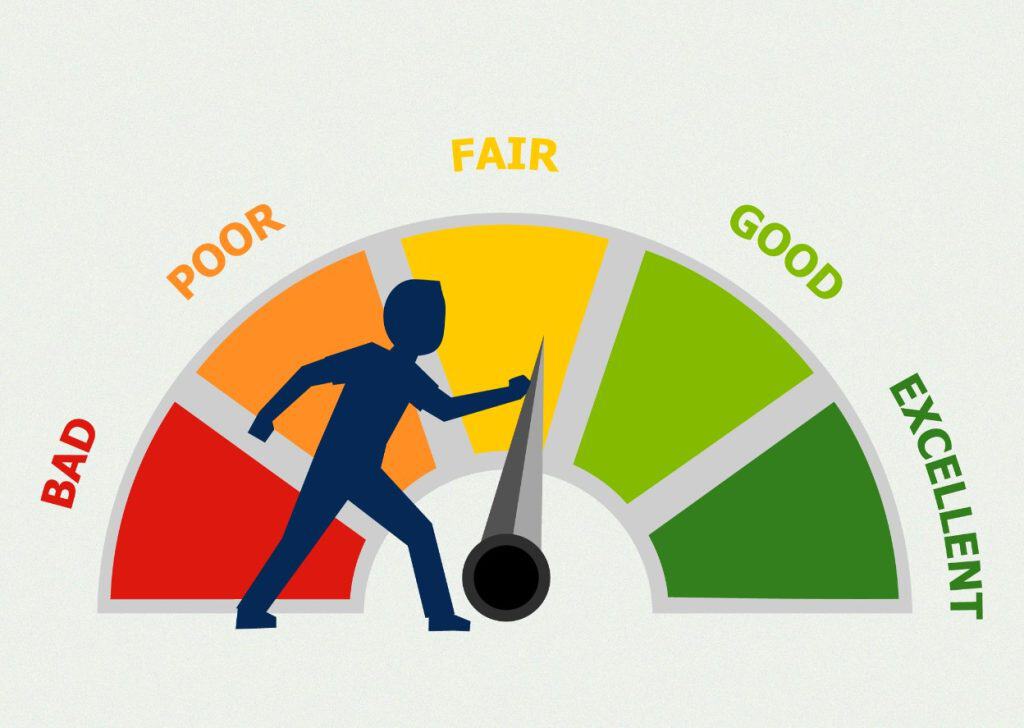
If you’re a homeowner, you have a great asset at your disposal—your home equity. But while you may have easily qualified for your original mortgage, you will have to prove your creditworthiness again if you want a home equity loan. That means that your credit score is one of the deciding factors between approval and denial.
What Is a Home Equity Loan?
As the name implies, a home equity loan is a loan secured by the equity you have accumulated in your home. With every payment you make on your mortgage, you build equity, which is the difference between the amount you owe and the home’s value. If your home appreciates in value, that adds to your equity, too. Home equity loans are often called second mortgages.
When you apply for a home equity loan, the lender will evaluate your creditworthiness based on several factors, including:
- Employment history
- Income
- Credit score
What Is a Credit Score?
While each of those factors is important, your credit score is perhaps the easiest for lenders to quantify. Most lenders use your FICO score and pull your credit report from at least one of the three major reporting agencies, Equifax, Experian, or TransUnion.
Your credit score is calculated by considering five things:
- Your payment history: 35%
- The amount you owe across all accounts: 30%
- Length of your credit history: 15%
- Credit mix, such as retail accounts, auto loans, mortgages, and credit cards: 10%
- New credit: 10%
Lenders assume that if your credit score is high enough, you have a track record of paying on time and being responsible with your money.
What Credit Score Do You Need?
Credit scores are typically sorted into five levels:
- 300-579: Poor
- 580-669: Fair
- 670-739: Good
- 740-799: Very good
- 800-850: Excellent3
Most lenders look for a credit score in at least the Good range to approve a home equity loan, with a target of 700. However, the higher your credit score, the lower the interest rate you may be eligible for. So being diligent with your financial life can pay dividends when you’re interested in borrowing.
If your credit score is below 700, all is not lost. Some lenders will look into your creditworthiness more intensely, analyzing other factors, such as your debt-to-income ratio. If your score is very low, you can take steps to try and increase it before applying for a home equity loan.
How to Raise Your Credit Score
The first step to raising your credit score is to look at your credit reports to determine what is bringing it down. You can access your credit reports for free from each of the three credit reporting agencies once a year through the official website AnnualCreditReport.com. If you find fraudulent accounts or debts that have been paid but not cleared, contact the reporting agency to investigate.
Since much of your credit score is based on your payment history, paying your credit cards, auto loan, or first mortgage on time can help raise it. If you’re behind on bills, catch up. Having all your current accounts in good standing shows lenders that you pay your bills on time and consistently.
Another way to increase your score is to pay down high-balance accounts. You decrease your credit utilization ratio by paying them down, which shows you have more credit available to you and aren’t, for example, maxed out on your credit cards. Another way to reduce your credit utilization is to request a credit line increase—the more space you put between your debt and your credit limit, the better. Ideal credit utilization is below 30%.
How Long Does It Take to Repair Your Credit Score?
There’s no quick fix for bad credit, but once you start taking action to improve your score, it can happen over a period of months. Bad marks on your credit report, such as accounts in collections, late payments, or bankruptcies, stay on your report for seven to 10 years.
Does a Bad Credit Score Automatically Disqualify You for a Home Equity Loan?
Not necessarily. While a score in the Poor range probably does disqualify you, some lenders will look at other factors in addition to your credit score if it falls in the lower portion of the Good scale or high Fair. However, if you are approved, you will likely not have as attractive an interest rate as you would with a better score.
If You Qualified for Your First Mortgage, Will You Qualify for a Home Equity Loan?
Home equity lenders will make their decisions based on your current credit standing. So if you’ve continued to maintain a solid credit record since you took out your original mortgage, you may be fine. However, if you’ve had a spottier record since then, you might face difficulties.
The Bottom Line
Good credit opens many doors, especially in the world of lending. If you’re interested in leveraging your home equity for a cash loan, you’ll need good credit. If you want a better interest rate on that loan, you’ll need excellent credit. Before applying for a home equity loan, pull your credit reports and see where you stand.